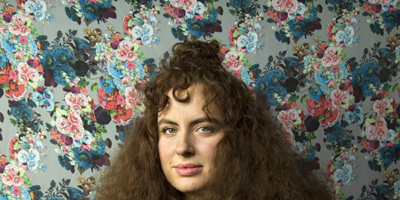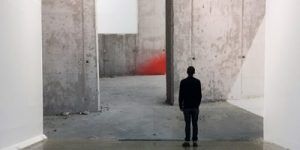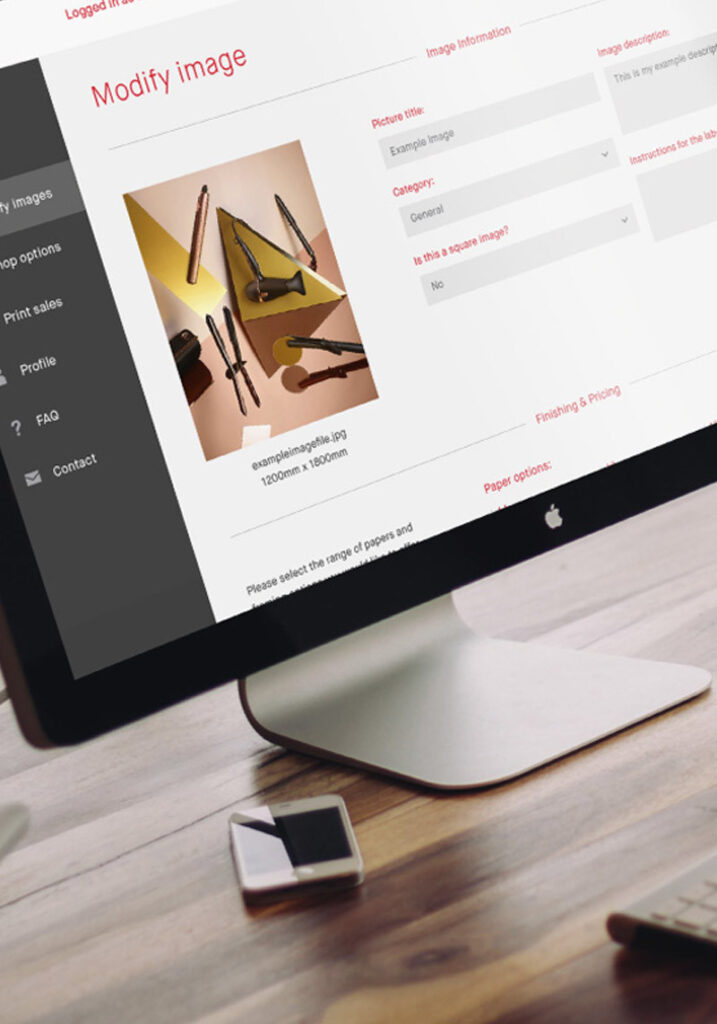This year has been particularly challenging for us as a company and our commitment to mentorship and supporting the creative community has had to adapt to C-19 protocols. Though face to face and peer workshops have had to go on hold, we have still managed to remain connected to those on the programme via online sessions.
Hayleigh Longman is currently on our mentorship programme in association with Photofusion and we interviewed her about her practice; projects and what it’s like to be working through Lockdown.
1. We first met through our mentorship award with Photofusion, can you tell us a bit about the organisation, what it means to you in being a member and how the invaluable support that they offer has supported your own practice? Also can you tell us a bit about your experience of working with Metro and its Mentorship programme?
Becoming a member at Photofusion was my first connection to a photography community after moving from Manchester (where I studied) back to London. It allowed me to have a space that I could come in and out of for conversation around work, a dark-room, printing facilities and most importantly, support. Moving back to London after being away for four years was daunting especially as I felt I had only just begun and my safety net that enabled my practise had recently disappeared.
Photofusion is an organisation that offers photographic services, works with community projects and also offers support for career progression and educational programmes. The structure that Photofusion offers enabled me to feel more grounded during my arrival back to London. Since then, I have developed a great relationship with the team who have supported my work and helped me strive towards new opportunities. It has led to experiences such as running workshops and curating. All Photofusion members are invited to submit work into their annual exhibition ‘Salon’ which I was encouraged to enter around this time last year.
Following on from this, I’d hit a period of feeling a little lost with my work and to my surprise I was offered the Metro Mentorship programme, which couldn’t have come at a better time. My welcome to Metro was extremely warm and my mentors took into consideration that I needed development to enable me to think about my practises’ next steps. Despite being a little different than planned due to this year’s challenges, my mentorship programme has been a great space for me to voice any questions about new opportunities and seek advice on things. I have been really grateful for Steve’s support.
2. Your subjects work on many levels and you manage to create a balance between self-deprecating humour alongside meaningful engagement of challenging subjects. There is also an honest expression in your work which is often autobiographical – how do you manage your own and others expectations on how it is responded to?
Thank you for the compliments on my work. Firstly, I think balance is an interesting word as I find myself making lots of autobiographical work and sometimes I make myself believe that I have lost balance, so I then feel the desire to make lots of other work. This might not be a functioning way to work for most, but it’s almost like I expose myself a lot in my personal work and then I suddenly need to shy away from it again to be able to process what I have created. How I respond to the work sometimes helps me tune out to expectations of how other people will respond, but of course I am always apprehensive especially when the work is about me. O nce I have made something new or trying to get feedback, I will usually send what I have created to a very small number of people, such as my old tutor or a friend who has followed my work as it’s progressed and understands the way in which I work. I try to do this in small quantities as I find that sometimes when I get lots of feedback, it can be too overwhelming and I struggle to put things into action.
3. Over the last year you have had a fantastic trajectory with your practice – you recently undertook a Lockdown commission for the Wellcome Trust amongst other things. What has been your experience of having so much pressure thrust at you in such a short time and having to learn to work as part of a team rather than as a lone wolf. Has this influenced or affected your practice in any way? If I am honest it’s been one of those experiences where you learn as you go. At first I was overwhelmed with the offer to work on a commission during lock-down as I had gone from keeping myself busy on my own account to suddenly having a deadline to work towards.
It definitely put a spring in my step. However, with it being my first commission a lot of the process was new to me and I felt a little alone with that. As everyone collectively was suffering through the pandemic and the restrictions it was causing us, I felt shy to ask for support about certain things which in a way threw me in the deep end and as a result of that I learnt a lot. I believe this has broadened my perspective on the way I work when it isn’t just me working on my own account. The pressure of deadlines, the opinion of editors, working for a client all those things that you don’t really know how you personally collaborate with until you’re given an opportunity to. You almost get to see a totally different side to your working self when you are put to the challenge and it made me realise that I know a lot more about the way I like to work than I thought. I am of course super grateful for them too and I try to take at least three positives away from each new experience. I feel there are things that I would change when or if I get the chance to work on another project, but i guess that’s all part of it. This whole experience has made me value my personal work in a different way and has also made me consider the time you can put aside for your personal practise as well.
4. You have recently revamped your website https://hayleighlongman.com and in addition to your own online and Social Media presence you have recently undertaken takeovers for both the Photographers’ Gallery and Photoworks – there are some that say that takeovers are just lazy marketing, but as an advocate for these collaborations, what is your position on this and the value of connecting via a partner organisations community? Would you recommend it? It was about time I updated my website and thought lockdown was a good time to do that. The takeovers have also been a good way to share the work on different pages to a varied audience. Wellcome set-up what Photoworks one, and I set-up The Photographer Gallery one personally. So it’s been interesting to see the different responses from the different organisations. Many platforms use takeovers because it’s a great way to expose work to a new audience. The value of this especially at the moment is that everything is digital and it’s a good way to start a relationship with an organisation. It might not be an immediate contact but if you have been given the responsibility to take over their feed for the week, it shows they have some interest in your work. It works both ways as it gives platforms content and an opportunity for their own community to grow. I do fear that now the work has been shared on more than one platform that it has decreased the interest in the work. I can definitely understand why people may not want to share work in this way, but I think for those trying to spread their work then it’s definitely a good tool to do so.
5. We are living and working through unprecedented times and your ability to stay focussed and engaged is an example in perseverance. What advice would you pass on to others who are coming into the creative industries at this time? Thank you so much, Steve. My top advice for people entering into the creative industry at this time would be to be mindful of how we are judging ourselves in regards to our practise. Some people have been able to make work in this time and others haven’t and that’s ok. It’s normal to be feeling a little demotivated right now but also remind yourself that your practise is there for those times of need as well. My first commission came quite late after graduating so don’t compare yourself to other peoples journey’s because it will happen if you keep at it. Talk to as many people as you can about ideas and work just to keep things ticking.







